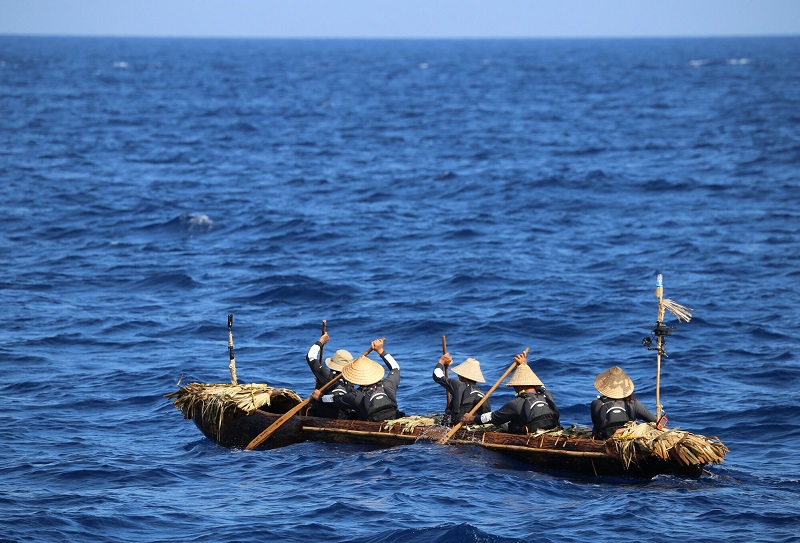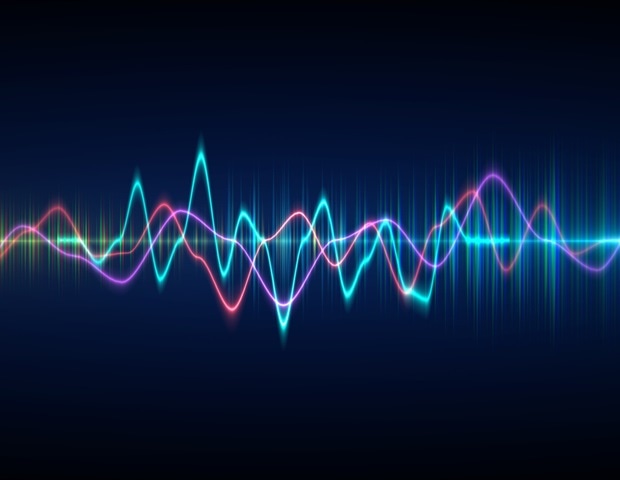Researchers have long known when and where early modern humans settled in East Asia, but the details of how they crossed the sea between islands have...
Vous n'êtes pas connecté
Rubriques :
 - GREEKREPORTER.COM - A La Une - 26/Jun 21:59
- GREEKREPORTER.COM - A La Une - 26/Jun 21:59
Ancient Canoe Replica Tests Paleolithic Sea Migration Theory
Researchers have long known when and where early modern humans settled in East Asia, but the details of how they crossed the sea between islands have remained unclear. Now, two new studies—featuring a canoe replica to explore Paleolithic migration, led by Professor Yousuke Kaifu of the University of Tokyo—offer new insights into that ancient journey. […]
Articles similaires
Ancient Canoe Replica Tests Paleolithic Sea Migration Theory
Researchers paddle a replica of a Paleolithic-era canoe across the open sea. Credit: Kaifu et al. / CC BY-NC 4.0 Researchers have long known when and...
Ancient Canoe Replica Tests Paleolithic Sea Migration Theory
Researchers paddle a replica of a Paleolithic-era canoe across the open sea. Credit: Kaifu et al. / CC BY-NC 4.0 Researchers have long known when and...
How ancient humans crossed dangerous seas without maps or metal
Thousands of years ago, people made long and risky journeys across the sea—without modern boats, maps, or even metal tools. But how did they do it?...
Humans Began Cultivating Avocados 11,000 Years Ago, New Evidence Shows
Researchers have uncovered remarkable evidence in the highlands of western Honduras showing that humans began domesticating avocado more than 11,000...
Ancient people took wallabies to Indonesian islands in canoes
Humans established a wild population of brown forest wallabies in the Raja Ampat Islands thousands of years ago for their meat and fur in one of the...
Ancient people took wallabies to Indonesian islands in canoes
Humans established a wild population of brown forest wallabies in the Raja Ampat Islands thousands of years ago for their meat and fur in one of the...
Researchers use electric fields to identify aged cells
Researchers from Tokyo Metropolitan University have created a new way of telling "aged" human cells apart from younger ones using electric fields.
Researchers use electric fields to identify aged cells
Researchers from Tokyo Metropolitan University have created a new way of telling "aged" human cells apart from younger ones using electric fields.
Researchers discover ancient predatory, fanged fish that swam in Nova Scotia waters
HALIFAX – Researchers have discovered a new species of ancient fish with hooked front fangs that made them a fearsome and effective predator. ...
Les derniers communiqués
-
Aucun élément

